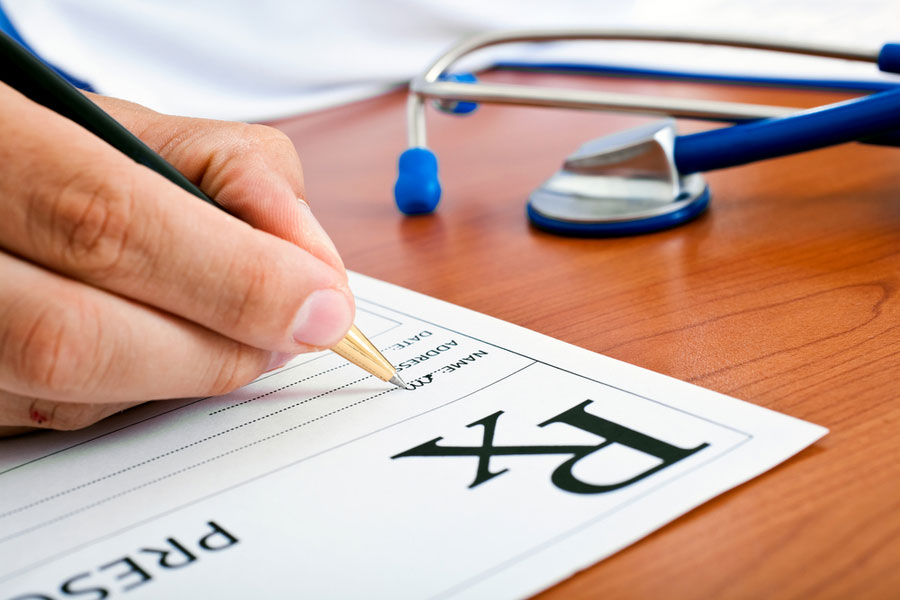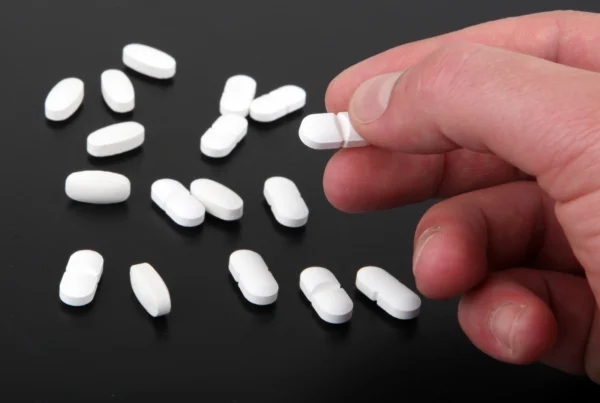
Table of Contents
Some Unsettling Statistics
It’s no secret that cases of clinical anxiety have increased in recent years. And when anxiety increases, so, too, do prescriptions for anxiety-relieving drugs. In a recent article from Psychology Today, it was reported that benzodiazepine prescription rates are “soaring to ‘disturbing’ new levels.” More specifically, from 2014-2016, 27 out of every 100 adult patients were prescribed a benzodiazepine after visiting their doctor. Furthermore, 30 percent of labeled opioid overdoses are actually opioid-benzodiazepine overdoses. So what are benzodiazepines? And why are they so dangerous?
What Are Benzodiazepines?
Benzodiazepines, or benzos, are a class of drugs useful for treating anxiety, insomnia, seizures, and other medical conditions. Brand names include Xanax, Valium, Librium, Klonopin, and Ativan, while drug names include alprazolam, diazepam, and lorazepam. On the street, users may refer to them as “xannies,” “bars,” “V’s,” downers, or tranks. Benzos relax the body by amplifying the effects of the neurotransmitter gamma-aminobutyric acid (or GABA.) When GABA is more active, brain and nervous system activities slow down, relaxing the body. While benzos are generally safe for the short-term and at proper doses, there is a high risk for abuse.
Furthermore, like with alcohol and other drugs, benzo users will eventually (and sometimes quickly) develop a tolerance, requiring more pills to achieve the desired effect. Finally, with benzodiazepine dependence come withdrawal symptoms, which can include seizures and death. In short, benzos aren’t to be taken lightly. Overdose is also possible, in which case Flumazenil treatment can be provided.
Signs and Symptoms of Benzodiazepine Abuse
The following are some signs that someone might be abusing benzodiazepines:
- Sweating
- Drowsiness
- Weakness
- Slurred speech
- Dizziness
- Blackouts
- Shallow breath
- Nausea or vomiting
- “Doctor shopping” – This refers to the practice of visiting multiple doctors to obtain several prescriptions
- Mood swings
- Emotional detachment and isolation
Build a Foundation for Success
Ocean Recovery has been successfully treating benzodiazepine, other substance abuse disorders, and eating disorders since 2002. We take a holistic approach to substance abuse treatment with sunny Newport Beach, California facilities. We offer individual and group counseling, addiction education, yoga, and more, attacking addiction from all angles by treating the whole person. If you or someone you know is struggling with a substance use disorder, please consider calling Ocean Recovery today. The admissions specialists at our Orange County detox facility are standing by and ready to help you build your foundation for success.
Sources
Ocean Recovery has strict sourcing guidelines and relies on peer-reviewed studies, academic research institutions, and medical associations for our references. We avoid using tertiary references as our sources. You can learn more about how we source our references by reading our editorial policy.
- Hamzelou J. Benzodiazepine prescriptions reach ‘disturbing’ levels in the US. New Scientist. Published January 17, 2020. Accessed August 1, 2022. https://www.newscientist.com/article/2230379-benzodiazepine-prescriptions-reach-disturbing-levels-in-the-us/
- Lane C. The Disturbing Rise in Benzodiazepine Prescriptions | Psychology Today. Published January 23, 2020. Accessed August 1, 2022. https://www.psychologytoday.com/us/blog/side-effects/202001/the-disturbing-rise-in-benzodiazepine-prescriptions
OCEAN RECOVERY EDITORIAL GUIDELINES
The internet contains a vast amount of misinformation, but when it comes to your health only peer reviewed, research centered data matters. At Ocean Recovery, all content published throughout our website has been rigorously medically reviewed by a doctorate level clinician, and cross checked for medical accuracy. Our editorial process helps our readers trust that the information they are consuming is factual and based upon scientific data. Your health is our top priority, find out more about how we safeguard the integrity of information on our website. Read More About Our Process




